April is National Poetry Month, and we at the JKM Library have a soft spot in our literary hearts for poetry. This month, student workers Alie Davis and Carina Stopenski worked together to design and curate our Main Book Display. Items selected ranged from classics like Sylvia Plath to Chatham students’ chapbooks and everything in between. While all the poetry collections on display are worth checking out and exploring, Alie Davis has selected three that stand out to her. Read her bite-sized reviews below for poetry collections you can check out today!
Andrea Gibson’s first book, Pole Dancing to Gospel Hymns, inspires action in all of its readers. This collection is brimming with brutal tenderness. Gibson covers topics that are relevant to the current political climate. This collection is full of poems about gender, love, violence, and an overwhelming optimism for surviving no matter what. Lori Jakiela, a local Pittsburgh poet, released her chapbook, Big Fish in 2016. This collection sings with humor, playfulness, and light, but does not shy away from the hard things. Jakiela writes about landscape, motherhood, and giant fish sandwiches. Big Fish is a rich collection to dive into and swim through. Lighthead by Terrance Hayes is his fourth collection to be published. Always blurring the line between story and song, and reality and dream, Hayes engages with how we ground ourselves in the everyday and how we construct experience. Musical and dream-like, Lighthead offers meditations on desires and history. Masterful precision of language and sound moves this collection to a Must-Read for all.
Commenting on blog posts requires an account.
Login is required to interact with this comment. Please and try again.
If you do not have an account, Register Now.
Happy National Poetry Month 2016! National Poetry Month was founded in April 1996 to highlight the achievements of poets in the United States, increase publication and distribution of poetic works, and aid teachers in bringing poetry to their students. Last year, we reviewed The Poetry Foundation’s POETRY app. This year, we’ll take a look at a few apps to help you celebrate. The Poet’s Almanac, created by the journal Poetry East at DePaul University in Chicago, matches a poem published in its pages to the current weather in your location using GPS and meteorological data. It is developed by digital publisher Appoet and is free to download for both Android and iOS devices. The layout is simple and easy to navigate and there are built-in options to share poems via Twitter, Facebook, and Google Plus. A shopping cart icon links out to the publisher’s website for purchase of the physical journal. Although the selection is limited to poems already published by Poetry East, I find myself checking the app regularly to see what poems are selected on rainy days or when it’s particularly sunny. To get your own creative juices flowing, try the Diamante Poems app to experiment with a specific poetry style. Diamante poems are written in the shape of a diamond and use nouns, adjectives and gerunds (nouns made from verbs by adding –ing) to describe two opposing or one central topic. The Diamante Poems app is freely available for both Android and iOS. It was created by the International Reading Association, ReadWriteThink, and the National Council of Teachers of English. It provides a template to create a diamante poem and includes definitions for each element. It has a profile system that allows for multiple users to save and edit completed poems within the app. While a great tool for teaching, the text is very small and does not scale well to small mobile devices. Check out some experimental digital poetry with Speak, part of a series of poems meant to be read as interactive text called P.o.E.M.M (Poetry for Excitable [Mobile] Media). Speak is free to download, but only available for iOS. To read the poem, you simply drag your finger across a black screen and letters from the background gather to form lines of the poem “What They Speak When They Speak to Me.” The longer you drag on the screen, the more words form in line and once you break contact, the letters dissipate once more into the background. According to the app’s description, this process is meant to replicate the confusion and frustration of communicating in a foreign place. You’re given the option to write your own poem or pull text from Twitter to interact in the same way. Looking for more ways to celebrate? The Academy of American Poets has 30 ways to celebrate national poetry month.
Commenting on blog posts requires an account.
Login is required to interact with this comment. Please and try again.
If you do not have an account, Register Now.
April is National Poetry Month! Why not take a selection of poems with you everywhere with the help of an app? POETRY, the appropriately-titled but obnoxiously capitalized app from The Poetry Foundation (publishers of Poetry magazine), can help you search for and save your favorite poems. You can also find new poems to love with the help of the “Discover Poetry” feature, which caused me to happily while away a good amount of time while writing this review.
The app opens and presents you with a curious button: “Spin.” Hitting this button starts a scrolling rainbow of options which eventually settles on a mood and a subject.
On my first try I got “Humor & Youth,” which displayed 25 poems beneath the header. Dragging the colored bar displaying the mood, I was delighted to find that you can search by any combination of mood and subject and the app will display poems that are tagged with both. From gloomy combinations such as “Boredom & Love” to the more colorful “Joy & Celebrations,” this approach allows for an interactive and engaging discovery process. My one complaint is that this view displays only the title of the poem and not the author, so I ended up selecting a number of titles that I would have otherwise avoided. On the other hand, perhaps this allows for serendipitous discovery and destruction of literary comfort zones, or at least the element of surprise.
If you’re looking for poems by a specific author, or trying to locate a poem by title or by a line or phrase, there is also a “Find Poetry” search feature. This may be more useful for poems you have encountered while using the Poetry Foundation website or the POETRY app, as the collection is necessarily somewhat limited. The mobile collection does not include all of the poems available on the Poetry Foundation website, probably due to the issues inherent in obtaining the correct permissions. What the app does contain are poems from Poetry magazine, poems in the public domain, and those poems for which the app creators have secured mobile permissions. New poems are added on a monthly basis.
There is a sharing function which allows you to integrate your Twitter, Facebook, and/or email account. Otherwise, there doesn’t seem to be a great deal of integration between the app and the website proper, so your favorites appear to be accessible only within the app interface. The only other distracting element of the app is its (understandable) struggle to represent poetic structure, so line breaks and irregular spacing may not be reproduced faithfully.
I will admit that I downloaded this app in order to review it, but I’m not giving it up. I will be celebrating throughout April and beyond by browsing through its collection while on the bus, waiting in line, and probably in many other places throughout Pittsburgh. (Don’t worry, Twitter app, I still love you. But it’s National Poetry Month.)
POETRY is available for iOS and Android. - Gesina A. Phillips
Commenting on blog posts requires an account.
Login is required to interact with this comment. Please and try again.
If you do not have an account, Register Now.
Commenting on blog posts requires an account.
Login is required to interact with this comment. Please and try again.
If you do not have an account, Register Now.
Commenting on blog posts requires an account.
Login is required to interact with this comment. Please and try again.
If you do not have an account, Register Now.


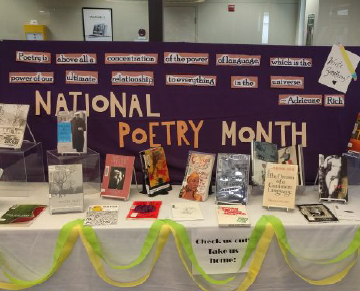
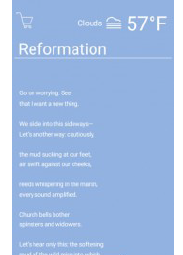

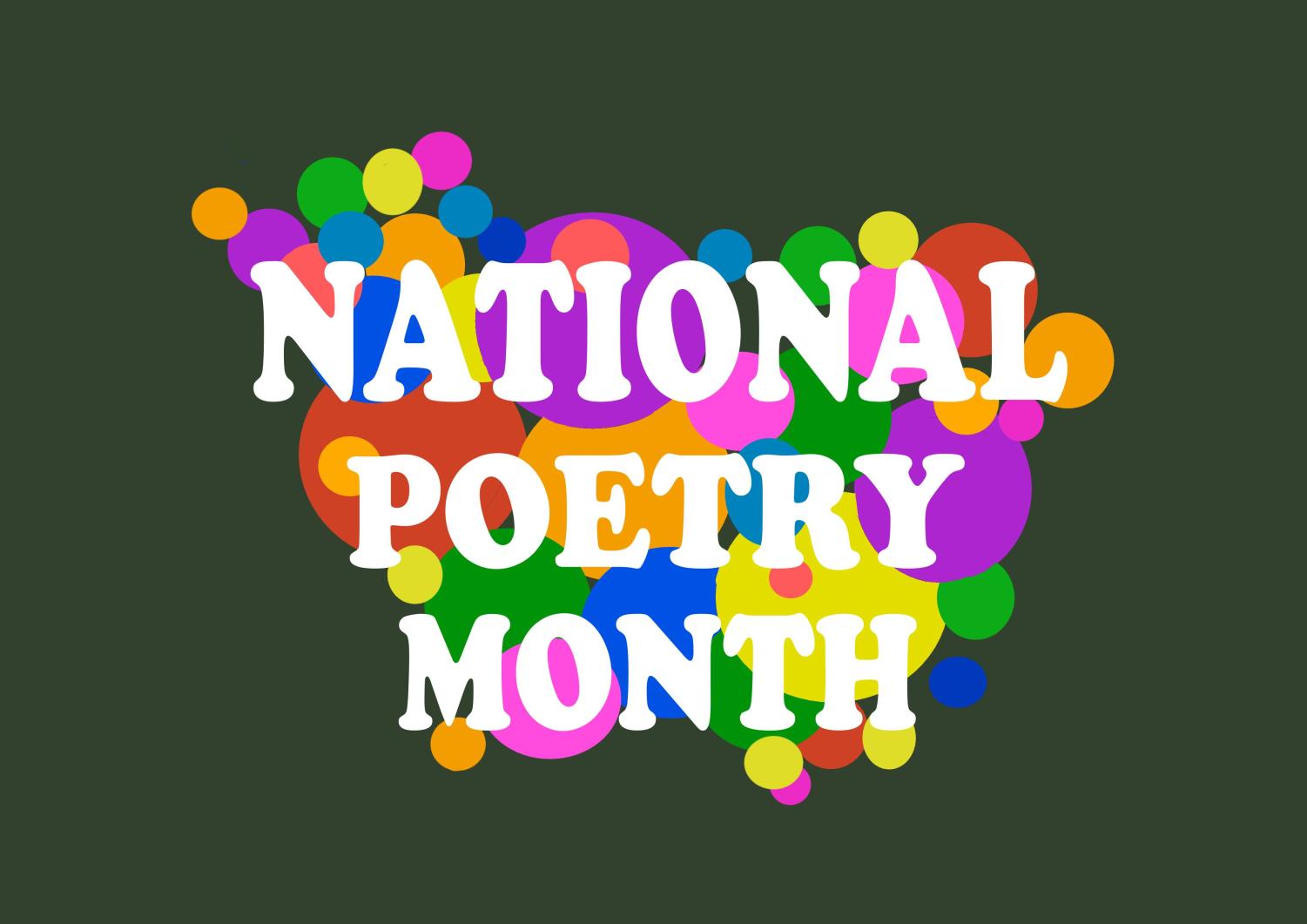
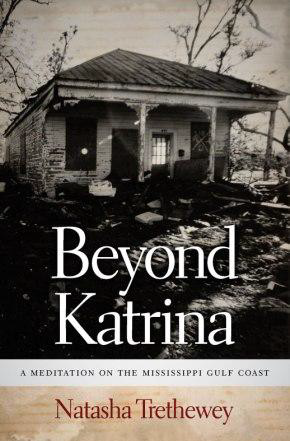
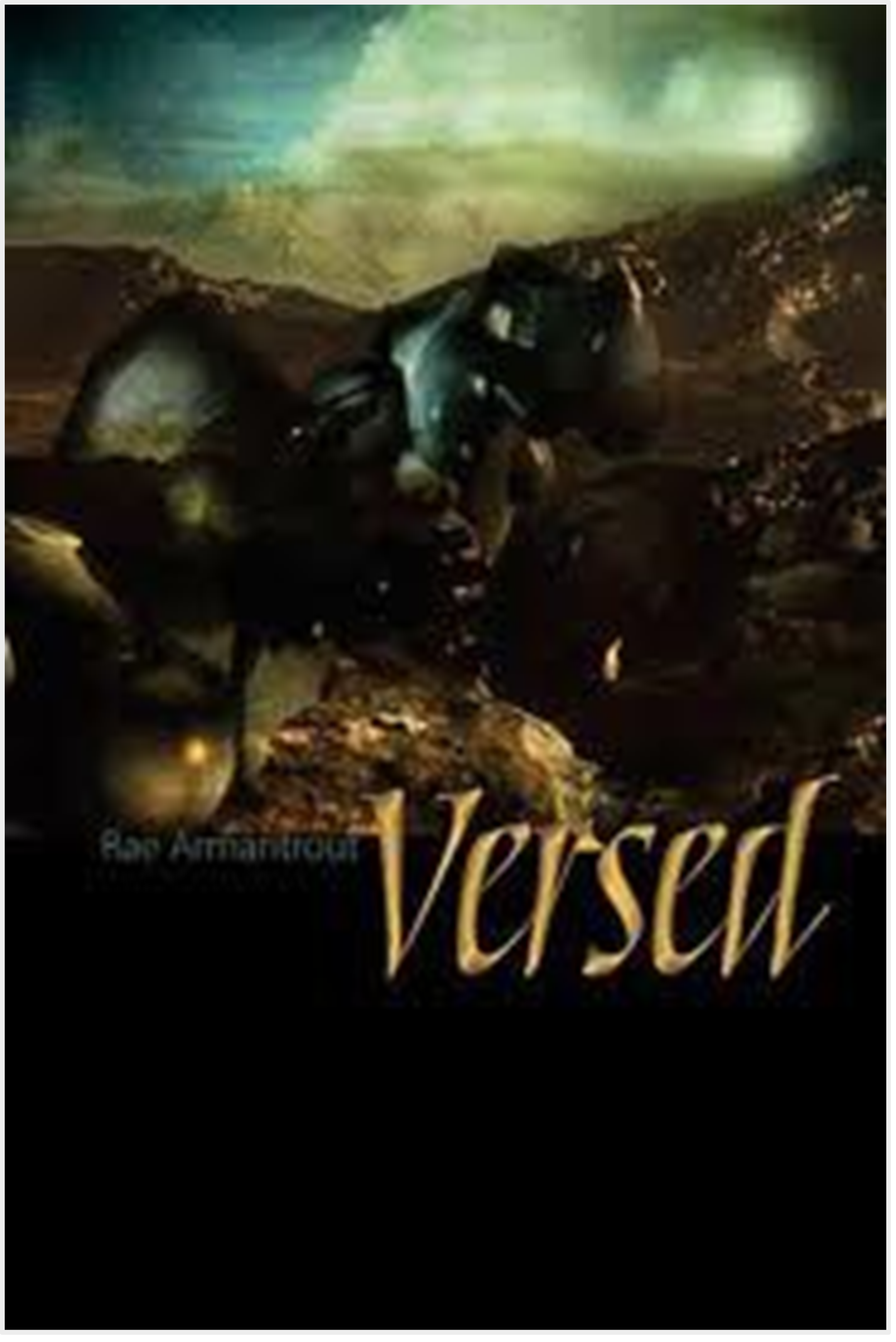 April 2012
April 2012
As the world begins to open back up again and we start to see each other beyond the fuzziness of a Zoom screen, sitting at home reading may be the furthest thing from our minds. However, 2021 gave us some fantastic titles, both entertaining and educational alike. With a breadth of pandemic and political literature at the forefront of the literary movement right now, though, it can be beneficial to sit down with some creative titles to keep us engaged over the winter break. Here are some of 2021’s best books that you can find right here in the JKM Library collection! Call Us What We Carry, Amanda Gorman After performing her poem “The Hill We Climb” at the 2020 inauguration, Amanda Gorman quickly became a household name. Her use of impactful aesthetics, politically charged dialogue, and sprawling free verse creates an honest, almost journalistic approach in her writing that even non-poetry fans can enjoy. The collection’s inclusion of “The Hill We Climb” sets up this text to fit in the collections of humanitarians and political activists alike. Only released just this December, Gorman’s words will keep audiences engaged, enamored, and most importantly, motivated to make change in the world that we live in. Punch Me Up to the Gods, Brian Broome This memoir from Chatham alum Brian Broome has made its way onto many book lists and accrued a few awards already this year, and for good reason. Broome’s striking portrayal of growing up Black and gay in Ohio’s Rust Belt. Full of striking prose and unflinching portrayals of a complex adolescence, Broome’s words will make your heart ache in the best way possible. Broome opens up the reader to a version of Appalachia that is unlike the whitewashed depictions we’re so used to seeing in the media. This year’s Kirkus Prize winner for nonfiction, Punch Me Up to the Gods has garnered attention from all over the literary world. An Alternative History of Pittsburgh, Ed Simon You don’t need to be a history buff to enjoy Ed Simon’s book on eclectic Pittsburgh history. In this nonfiction text on Pittsburgh’s hidden histories, Simon opens up the reader to a Pittsburgh that is not often discussed. An accessible read that presents history in an easy-to-follow narrative, this book breathes life into local tales spanning from the Whiskey Rebellion to the legacy of Andy Warhol, with plenty of vignettes in between. Simon highlights a version of Pittsburgh that even locals may be shocked to learn about, and all through a lens that’s both entertaining and informative. American Bastard, Jan Beatty Pittsburgh poet Jan Beatty has released another poetry collection, this one specifically centering around her identity as an adopted child. Beatty recalls the search for her birth parents with heart-wrenching lyricism and the effects of a broken system that decentralizes identity. Beatty holds back no punches when she discusses the corruption of the adoption industry and the nuances of parenthood once the bridge between birth family and adoptive family starts to crumble. Her approach is stark, but still hopeful for a future that could be better for adoptees. The Secret Lives of Church Ladies, Deeshaw Philyaw Even though it was released at the tail end of 2020, Deeshaw Philyaw’s short story collection gained a ton of traction in 2021. A tour-de-force example of literary fiction, Philyaw paints vivid scenes of the lives of Black women and girls, punctuated by themes of sexuality and religious-associated guilt. Drawing from the “church ladies” that she knew growing up in the church, women who approached life in a perfectionist, godly way, Philyaw forces us to question the rhetoric surrounding Black women’s bodies and sexual feelings. We Could Be Heroes, Mike Chen Mike Chen’s speculative fiction-superhero novel is one that’ll keep readers on their toes from start to finish. Telling the story of two amnesiacs who have mysteriously gained superpowers, Chen explores the intricacies of the human condition paired with some high-octane action scenes and witty dialogue. When these two superpowered characters encounter each other in a memory loss support group, readers get to watch the unraveling and paranoia happen firsthand. A fast-paced read for the hero in all of us.
~Carina Stopenski is the Access Services Associate at Chatham University’s Jennie King Mellon Library. They started out as a student worker while getting their creative writing degree at Chatham, and received their Master’s of Library Science at Clarion University in summer 2020. They enjoy games of both the board and video persuasion, vegan baking, and reading graphic novels. They also teach cultural studies and “cartoon theory” classes on the platform Outschool.
Commenting on blog posts requires an account.
Login is required to interact with this comment. Please and try again.
If you do not have an account, Register Now.